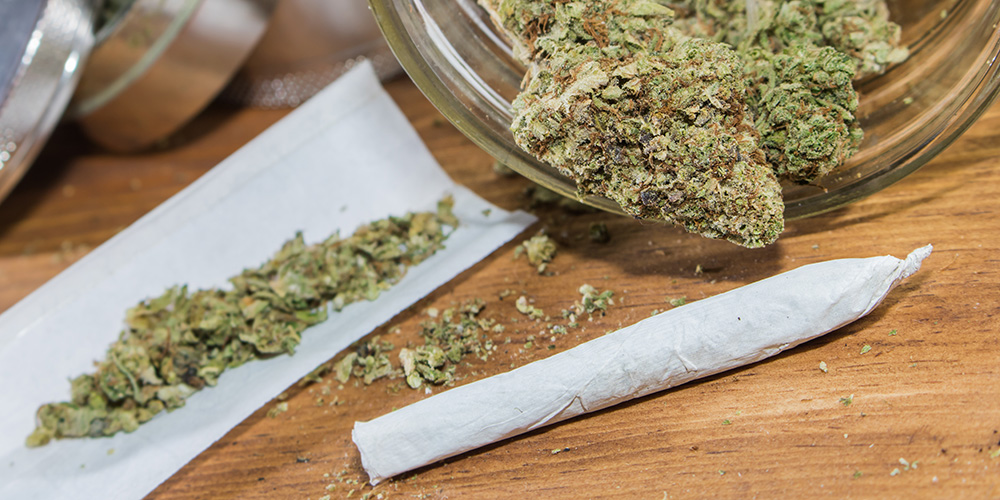Cannabis study: legalization reduces problematic consumption – particularly among certain individuals
As part of the Weed Care study, researchers are investigating how the legal supply of cannabis affects consumption and mental health among participants. In a first academic publication, the study team has now reported on the direct comparison of the substance’s legal versus illegal procurement.
08 May 2025 | Angelika Jacobs
In Switzerland and several other countries, debates about the legalization of cannabis use have been ongoing for years. They are shaped by various hopes and concerns. On the one hand, there are the aims of curbing the black market, making it easier for consumers to access safer products, facilitating access to counseling, and promoting lower-risk consumption. On the other hand, there are fears that legal sales could normalize consumption, possibly even encouraging it and leading to more cases of addiction and mental disorders.
An interdisciplinary research team aims to provide a scientific basis for the debate: The Weed Care study started in January 2023 as a collaboration of the Addiction Department of the Department of Health of the Canton of Basel-Stadt, the University of Basel, the University Psychiatric Clinics Basel (UPK) and Psychiatric Services Aargau.
The first academically designed study
During the first six months, the study design allowed for a direct comparison of two randomized groups: half of the approximately 370 participants were able to buy legal cannabis in one of the nine participating pharmacies and were offered counseling in the process. As a control group, the other half continued to use the black market as a source. The participants reported on their consumption and their mental state via questionnaires at regular intervals.
“There has never been a controlled, randomized study like this before,” emphasizes Dr. Lavinia Baltes-Flückiger, deputy head of the study at the Psychiatric Services Aargau and lead author of the study, which has now been published. Previous results were based on purely observational studies.
A decline in problematic consumption
As the team reports in the scientific journal Addiction, problematic consumption decreased slightly in the group with legal access to cannabis. Consumption is considered problematic if it causes or exacerbates health, social or psychological difficulties – even without dependency in the classic sense.
In particular, a more substantial positive effect through legal access was seen in people who used other drugs in addition to cannabis. “In this subgroup, problematic cannabis use experienced a significant drop,” says Baltes-Flückiger.
Furthermore, the study was able to dispel fears that legalization could exacerbate the psychopathological symptoms associated with cannabis consumption in addition to consumption itself: after the first six months, there was no difference between the two study groups in terms of depression, anxiety or other symptoms.
After this period, the control group, which had previously obtained cannabis on the black market, also obtained legal access to the substance through one of the participating pharmacies. According to Baltes-Flückiger, they had been assured of this at the beginning of the study as motivation for taking part.
The interim assessment after two years of study shows a significant improvement in the mental state of the approximately 300 or so participants who are still taking part. “Legal access eases the burden on consumers,” explains head of the study Professor Marc Walter from the University of Basel and Psychiatric Services Aargau.
Original publication
Lavinia Baltes-Flückiger, Regine Steinauer, Maximilian Meyer, Adrian Guessoum, Oliver Herrmann, Christoph Felix Mosandl, Jens Kronschnabel, Eva-Maria Pichler, Marc Vogel, Marc Walter
Effects of legal access versus illegal market cannabis on use and mental health: A randomized controlled trial
Addiction (2025), doi: 10.1111/add.70080



